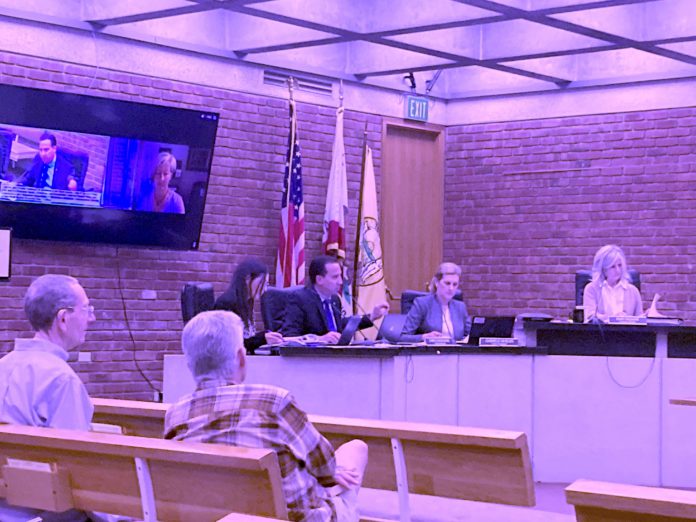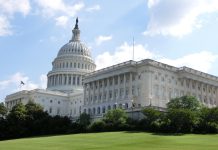
While serving on the Palo Alto Human Relations Commission, I became familiar with many regulars who engaged with local government. One man stood out for his persistence. He wasn’t a crank. He was sharp, well-prepared and articulate. Yet, despite his constructive contributions, he became known by an unfortunate label: a gadfly.
If you’re like me, you may need a quick refresher on what “gadfly” means. Most dictionaries define it as “a persistent, irritating critic; a nuisance,” or “one that acts as a provocative stimulus; a goad.” It’s not flattering—but not necessarily an insult. Socrates was labeled a gadfly for challenging the status quo. Still, in small towns, the label can stick.
That’s the nature of civic discourse in many communities. Residents who take a stand—especially on controversial issues—can quickly be labeled as “anti-this” or “pro-that,” or as rabble rousers. It becomes easy to dismiss those who challenge the norm. That’s why I approach this latest local debate with caution—but also with clarity.
I’ve spent my professional life mediating conflict, teaching mediation and promoting respectful dialogue. I’m active in organizations like Rotary aiming to strengthen our town. My goals are civic, not personal. Yet, as Los Gatos contemplates a new Code of Conduct and continues using a problematic Civility Policy, I’m concerned about a chilling effect on free speech and public participation.
Last year, I wrote about a Massachusetts Supreme Court decision involving a woman who expressed frustration at a meeting by saying to a board member, “You are a Hitler.” The court held unanimously, it was protected speech, emphasizing that “civility cannot be required,” because allowing only supportive speech while banning harsh criticism amounts to viewpoint discrimination, a violation of the First Amendment. The U.S. Supreme Court similarly held in Snyder vs. Phelps in 2011, that even offensive, hateful speech on public issues is protected.
Los Gatos’ Civility Policy warns that “anti-social behavior, slander, hatred and bigotry… will not be tolerated.” This language is constitutionally risky. Vague terms like these could be used to suppress speech based on tone or content—exactly what courts warned against. Subjective interpretations of “hatred” or “anti-social behavior” shouldn’t become tools to silence dissent.
I reviewed the Town’s draft Code of Conduct policy, as presented at a special study session on June 17, after this article was written. I saw similar concerns. So, I looked at how other nearby cities handle this. Many of them strike a more thoughtful balance between decorum and constitutional protections.
This issue isn’t just about public commenters. It’s also about appointed volunteers like me. Lately, there’s been confusion and, in some cases, pressure about how freely commissioners can speak or act without prior approval.
Legally, that pressure is misplaced.
Under First Amendment cases—Bond v. Floyd and Pickering v. Board of Education, for example—appointed commissioners:
- Retain the right to speak publicly on matters of public concern.
- Cannot be silenced to maintain a unified city message.
- May seek information from the public or experts, if they don’t misuse resources or falsely claim to speak for the city.
Cases, like Sprague v. Spokane Valley and Zilich v. Longo, affirm that commissioners can conduct outreach and engage third parties. This isn’t a luxury—it’s essential to democratic governance.
Blanket pre-approval requirements for communications—however informal—risk becoming unconstitutional prior restraints on speech. Worse, they undermine the civic spirit that makes local government thrive. Requiring permission to engage the public turns advisory bodies into echo chambers.
We can adopt an approach that protects civic integrity and constitutional rights:
“Commissioners may speak publicly, including to the media, and are encouraged to support informed civic dialogue. They must clearly indicate whether they are speaking in a personal or official capacity and may not represent the commission’s views unless formally authorized by the Commission, Town staff, or the Town Council. Commissioners shall not commit Town resources without prior approval. Staff coordination is encouraged and may be required for communications involving legal, financial, or policy matters. Outreach and fact-finding within the commission’s scope are permitted, provided they are conducted professionally.”
That’s fair. It respects volunteers’ roles while safeguarding their rights.
If, in the end, I’m called a gadfly for raising these points, so be it. But I’d like to be an effective one who speaks with respect, challenges ideas and defends shared values.
Democracy depends on thoughtful, sometimes uncomfortable, conversation. Let’s make room for that.
Editor: A Council code of conduct study session was held June 17. Another study session is slated for later this year.









